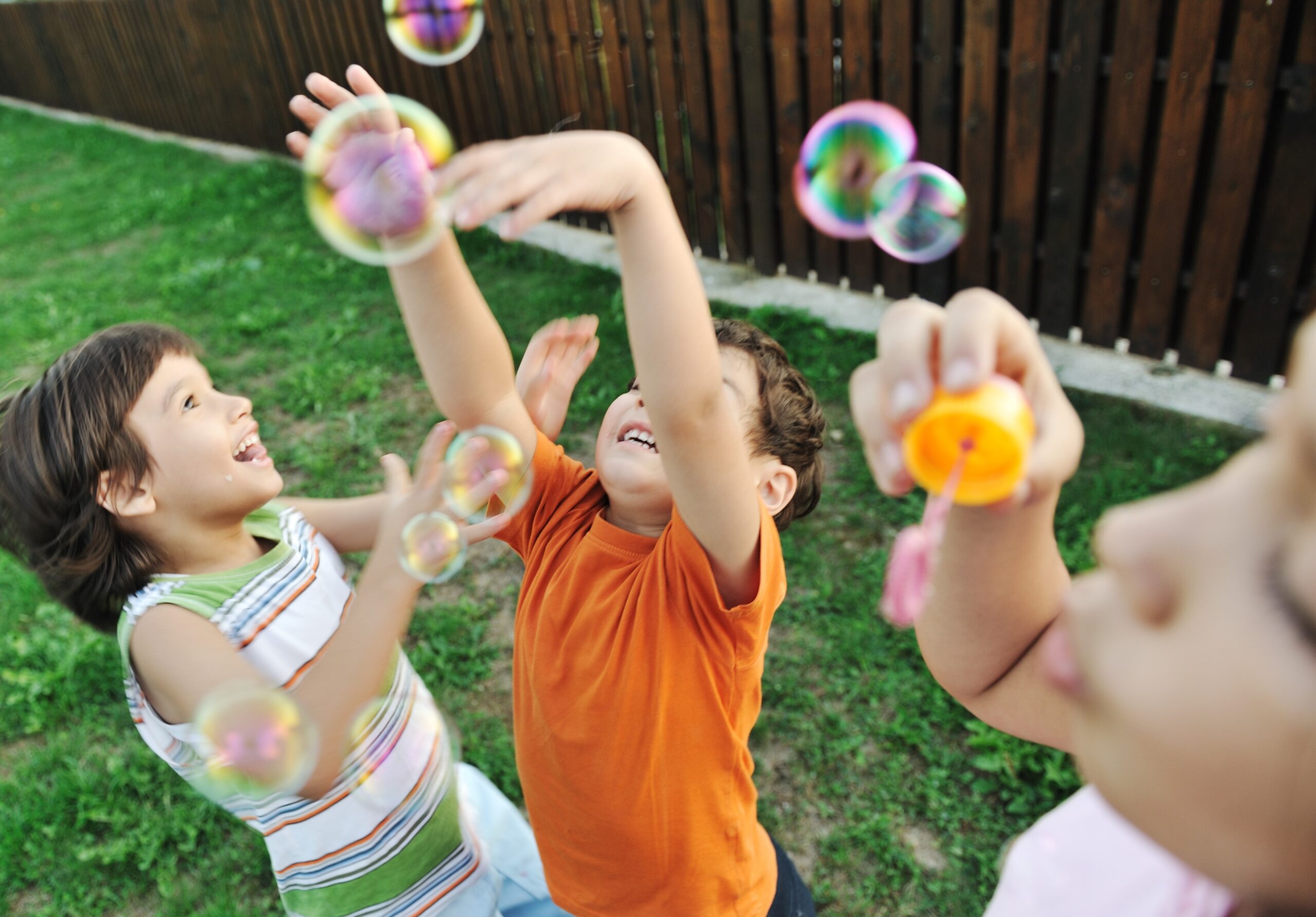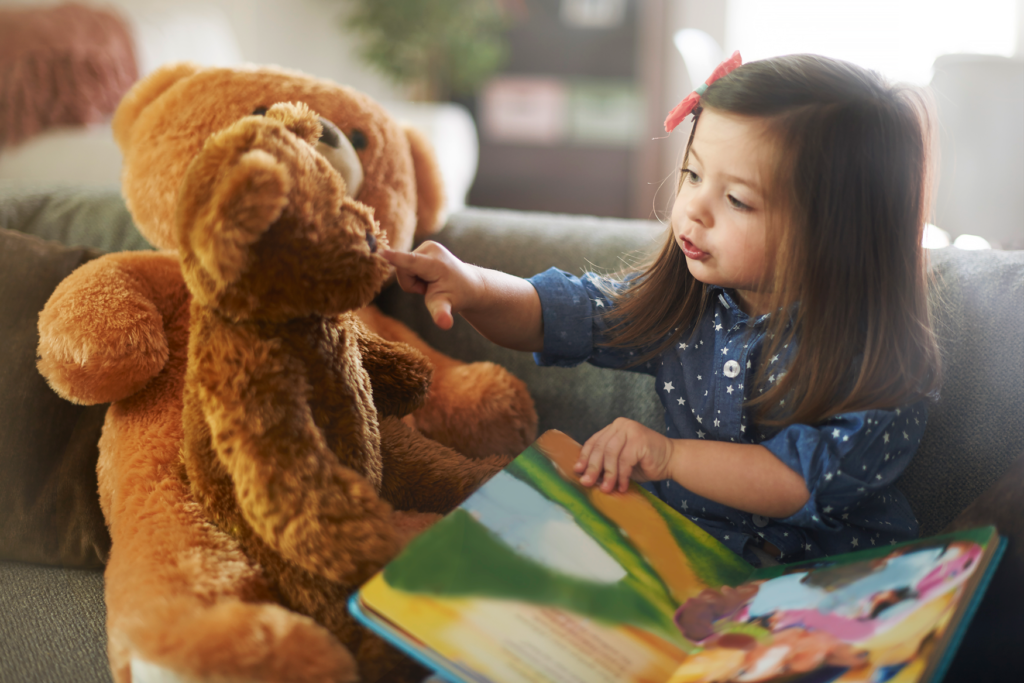
Have you ever wondered how important play is during childhood? You probably forgot now that you are an adult, but playtime is essential for developing social, physical, and emotional skills.
Yes, for children, play is natural and sometimes can get crazy with household items getting damaged and angry neighbors complaining about noises.
Regardless, children’s play is unlike any other game. It requires surveillance and efficient time to help them develop cognitive abilities while learning lessons about rules, order, and camaraderie, especially how to win and lose.
Play to Learn, Learn to Play
However, nowadays, play is affected by a hurried lifestyle and rigorous demand for academic achievements at an early age.
According to a publication by the American Academy of Pediatrics, being a slave of the clock, among other factors such as changes in family structure, affect children’s education and represents a barrier to healthy brain development.

You can learn about new unique opportunities to play with Ike and Mike. Click here for more info.
Furthermore, having a fair amount of daily play reduces anxiety, increases the personal satisfaction, and promotes healthy family time, besides developing dexterity to execute physical tasks.
As mentioned by Daniel Marston in an article for Psychology Today, children benefit from play activities. They are essential for communicating and acting effectively in the future because they allow kids to learn new abilities.
Learn why nobody wants to play with Albert the Skunk. Can he find a place in the forest and gain recognition? Click here for more.
How to Play with Books
Play is not limited to physical but also mental activities such as literacy. How?
Let the children explore the books by touching them, pointing and drawing on them, expressing the characters’ feelings, and playing the roles of the protagonists as an actor would do in a play (No pun intended).
Children will naturally ask what does it say here? And here? Children are curious, so showing them colorful books will stimulate their imaginations. As an adult, you can guide them and clarify what they see in the book.
As well, Friends of Rick Daniels provides opportunities for a playful time through books such as ‘My Name is Ji’ a book about leaving the zoo to find some friends to play with; ‘And Albert the Skunk, about a skunk who wins recognition and love in the forest; and ‘Ike and Mike go, Bowling,’ a fun story about two friends who learn about counting pins while playing.
Consequently, children will learn to play characters and roleplay as the characters of a story. Some might even become a narrator and read the story to another child or adult. Children will try to show you that they understand the story and will seek your approval to confirm that they did a great job.
Older children might create alternative versions of the tale or story they are reading. They also will be aware of more complex images and ideas, such as symbols and signs. They will become aware of the character’s needs and how his journey contributes to his personality.
As we see, play is important and can be performed differently. However, it is essential that the kids have a great time with that activity, feel free to engage with others, and are willing to accept the outcome, whether winning or losing.
By Eduardo Guillen

